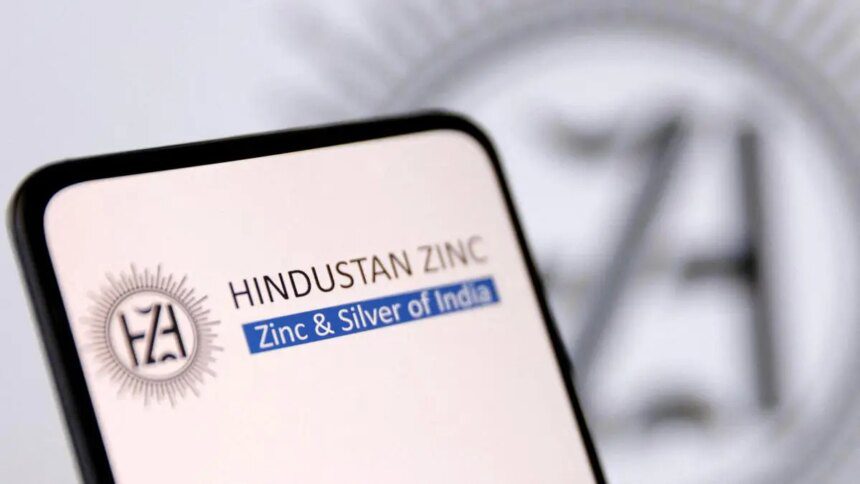Hindustan Zinc Limited (HZL), the largest zinc-lead-silver producer in India, is set to recover zinc and silver from historic tailings to support clean energy and infrastructure development. The company is establishing India’s first large-scale zinc tailing reprocessing plant at Rampura Agucha in Rajasthan. Historic tailings are waste minerals left after extracting valuable components from mined ore.
Last month, the board of the Vedanta group-owned company approved the project with an investment of ₹3,823 crore, and it will have an annual capacity of 10 million tonnes. HZL CEO Arun Mishra stated, “For a mineral-rich country like India, mining waste is not an end-point. It is the next frontier.”
Zinc is essential for the steel industry, infrastructure, and clean energy technologies. Mishra emphasized that if India systematically recovers other critical materials such as copper, cadmium, cobalt, and rare earths from mine tailings, it could significantly reduce import dependence and secure raw materials for the “Make in India” initiative, potentially positioning India as an exporter.
Mishra added that the initiative transcends company profits, aiming instead at building national resilience amid increasing competition in clean energy and technology. He remarked, “Mining waste is no longer waste. It is a resource waiting to be unlocked.”
Experts suggest that India could achieve self-reliance in critical minerals by tapping into the untapped potential of mining waste, as demand for zinc, silver, copper, cobalt, nickel, and rare earths is expected to rise sharply with the acceleration of the clean energy transition. Given that hundreds of millions of tonnes of mining waste are generated annually, significant quantities of these minerals may already exist in tailings and overburden, currently considered waste.
Critical minerals are vital for electric vehicles, battery storage, solar panels, semiconductors, high-speed rail, and defense manufacturing. Currently, India relies heavily on imports, acquiring over 90 percent of its lithium from Australia and South America, while cobalt and rare earths are almost entirely imported, often indirectly via China. Over the next five years, the import bill for these critical minerals is anticipated to range between $15-20 billion annually.
The reprocessing of tailings, which are finely ground remnants from ore processing, is viewed as mining’s “next frontier.” Advancements in regrinding, flotation, hydrometallurgy, and high-temperature processing enable the recovery of residual zinc, lead, and silver, while also liberating critical byproducts like indium, cadmium, germanium, and cobalt. Experts assert that even minor recovery efforts can turn environmental liabilities into potential inventory, reducing India’s reliance on unstable global supply chains.
Additionally, tailing reprocessing could prolong the operational life of mines within the country.
Published on September 21, 2025.










